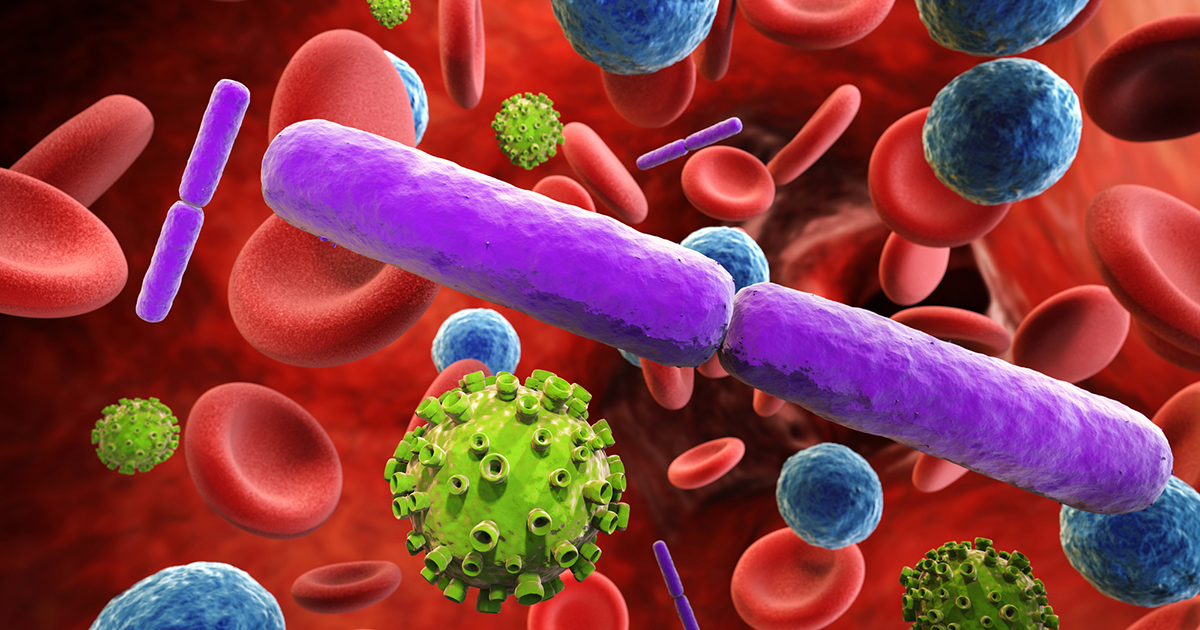Causes, Risk Factors, And Complications Of Cellulitis
If it's not treated, cellulitis, a common bacterial skin infection, has the potential to be serious. When an individual contracts cellulitis, the affected skin tends to be red and swollen. It will typically feel warm and tender or painful to touch. Most commonly, cellulitis affects the skin on the lower legs and feet. However, it can occur on any part of the body, including the arms, face, chest, and other areas. Cellulitis develops when a break or crack in the skin allows bacteria inside. It's rare for cellulitis to be spread from individual to individual, and it shouldn't be treated as a contagious disease. If the condition isn't treated, the bacteria can spread to the bloodstream and lymph nodes, which can cause life-threatening complications.
Read about the major causes of cellulitis now.
Bacterial Infection

Cellulitis is ultimately caused by a bacterial infection. When individuals get a cut, scrape, or abrasion, bacteria can enter through the wound and multiply, which is what causes cellulitis. Individuals can reduce their risk of developing cellulitis after a wound by cleaning and bandaging the site to keep out infection. The swelling and redness from the bacterial infection typically occur around the original site of the wound, but they may begin to spread quickly. Fast-spreading redness and tenderness is an indication the infection is progressing to a point that requires emergency treatment. Cellulitis usually occurs on the skin's surface, but sometimes the bacteria can affect the underlying tissues. Because the condition is caused by bacteria, it's typically treated with a course of antibiotics. The antibiotics might be prescribed for anywhere from five to fourteen days, depending on needs. If the condition has become serious enough, patients might require IV treatment in a hospital. This typically occurs when the bacteria has begun spreading to other areas of the body.
Weakened Immune System

Individuals who have a weakened immune system have a higher chance of developing cellulitis than others. When the bacteria from the infection enter the skin, the immune system will typically go to work destroying them. Many individuals may have bacterial infections destroyed by their immune systems before they develop symptoms. But when someone already has a weakened immune system, their body might not be able to fight off infections a healthy immune system could manage. In this manner, a weakened immune system heightens an individual's risk factor. If patients have an autoimmune disease or other diseases that weaken their immune system, they might need a longer course of antibiotics. It's important, therefore, for patients to tell their doctor about their medical history, including any autoimmune diseases they have. The same is true of the medications they take, as some medications can compromise the patient's immune system. Individuals with rheumatoid arthritis, lupus, and certain types of cancers may have a higher risk of cellulitis. In addition, when they do develop cellulitis, the condition may spread more rapidly than in others.
